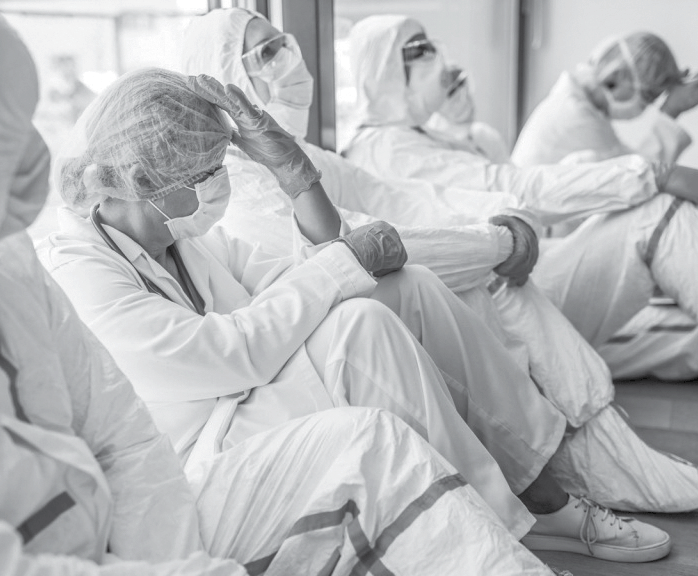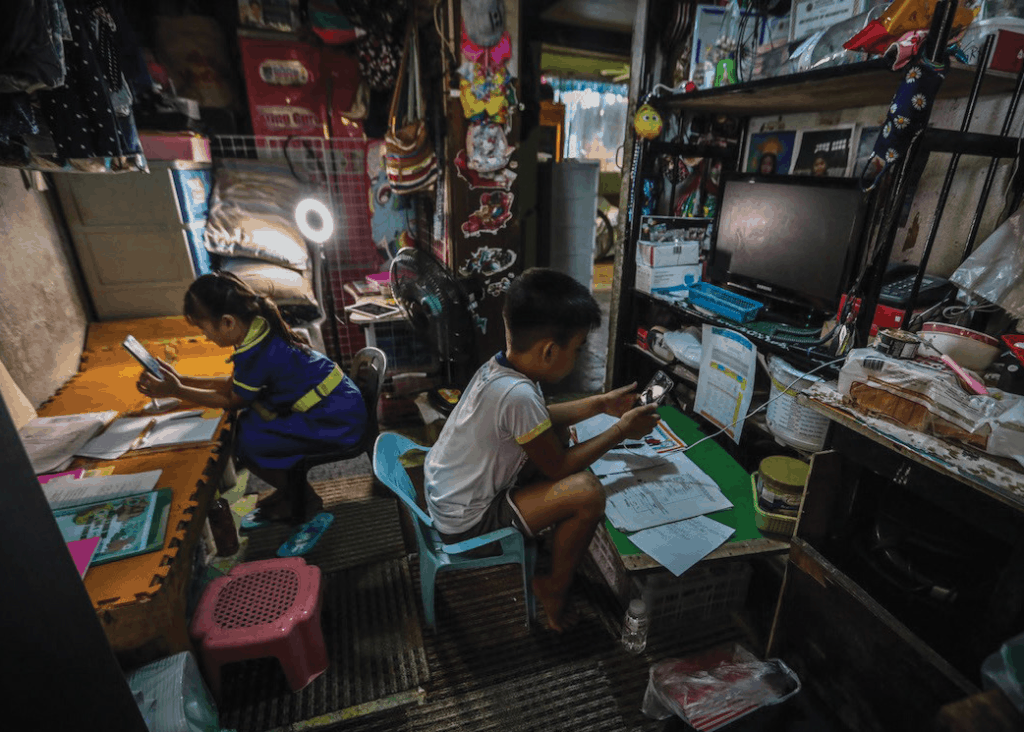
Mental health remains a taboo in some parts of the world. Here in the Philippines, I witnessed the gradual shift from people avoiding it as a topic to its becoming a subject comfortably discussed and regarded as essential in the digital space. In fact, I entered college to study Psychology with that topic rarely being talked about, and when I was about to finish, it was almost the talk of the town on Twitter or seminars. Bit by bit, people became comfortable asking questions about it, considering professional help, and sharing their experiences. Although, I have to admit, there is still a taboo surrounding the subject, but not as much as it was way back then. Misconceptions surrounding mental health still hang in the air.
It is fortunate that the government came up with the Mental Health Act (R.A. 11036), a few years ago, which established the Philippine Mental Health Council and paved the way for the beginning of the availability of mental health services at the community level, including the holding of an information campaign, providing suicide intervention, prevention, and response strategies, and drug-screening services (recognizing that drug dependency is a mental health issue). The same law called for education and promotion on the subject in educational institutions and places of work. Even before this law, the government already had the National Center for Mental Health. Schools already had Guidance and Counseling Offices manned by licensed counselors who, through various approaches, promote the development of well-functioning individuals by helping them reach their fullest potential. In some schools, there is a separate Testing Center manned by licensed psychometricians who conduct psychological tests. A referral system is also in place in schools should there be cases that need psychologists or psychiatrists. In the workplace, the Human Resource Department, specifically its Employee Engagement sector, has begun organizing activities in favor of employees’ mental health needs. Let’s not forget that there are non-governmental organizations that are also contributing in whatever way they can, especially through advocacies.

While all this sounds like good news, there are some details we should not miss. First of all, we do not have enough mental health professionals to cater to the entire population of the country. For example, in the last national conference of psychology practitioners, statistics say that the Philippines only has slightly more than a thousand licensed psychologists. Most mental health professionals are clustered around metropolitan areas. The stigma and some myths around mental health still hinder some people from seeking the professional help they need. The Mental Health Law is still in its early stages of implementation. Now more than ever, we realize how the present pandemic is not just a threat to the people’s physical health, but to their mental health as well.
As the Church celebrates its 500th anniversary in the Philippines, I believe it is opportune to review how the local Church, in a pastoral sense, can best respond to the mental health needs of the people of this time. And I’m not talking about a “just pray” verbal response. The type of response the local Church can offer depends on how she first recognizes the issue. Thus, the first step for the local Church is to have a better understanding of mental health issues. Research conducted in the early phase of the pandemic revealed that one-fourth of their Filipino respondents reported moderate-to-severe anxiety, and one-sixth reported moderate-to-severe depression (Tee, et al., 2020). These two illnesses can be good topics, to begin with. Perhaps, there are mental health practitioners who are in the parishes and dioceses just waiting to be tapped. They can be asked to volunteer to make, at least, some mental health services more accessible. What if the parish priest or lay leader encountered a member of a ministry who may be having suicidal thoughts? Having a referral system would be essential in cases like this. Dedicating a consultation room in the parish won’t be a bad idea too. In fact, if the parish has enough resources, to begin with, I think setting up a ‘Mental Health Ministry’ that serves concretely through the aforementioned points of action would also be beneficial to the parish community. In this way and through various possible means, the Church can apply and incarnate her social teachings on access to basic healthcare, preferential option for the marginalized and excluded, and the recognition of the dignity of each person.
Impelled by the love of Christ, parish communities will certainly be inspired to find ways to respond to the mental health needs of the people in whom each Christian can see the image of the suffering Christ.
Giancarlo “Gio” Francisco
___________________________________________________________
Reference: Tee, M., Tee, C., Anlacan, J., Aligam, K., Reyes, P., Kuruchittham, V., Ho., R. (2020). Psychological impact of COVID-19 pandemic in the Philippines. Journal of Affective Disorders, 277:379-391. doi: 10.1016/j.jad.2020.08.043.




